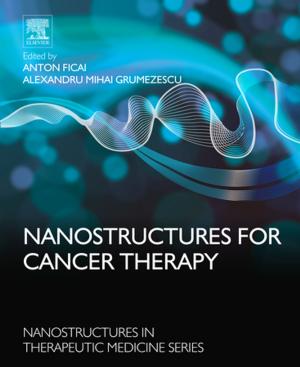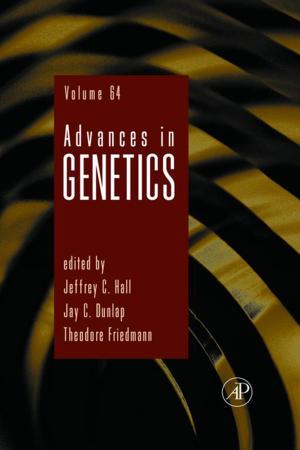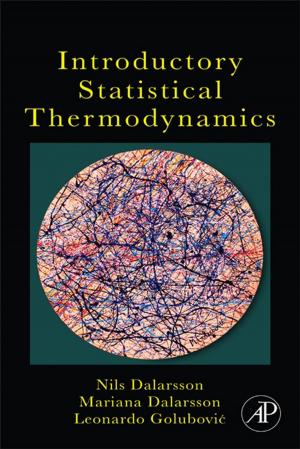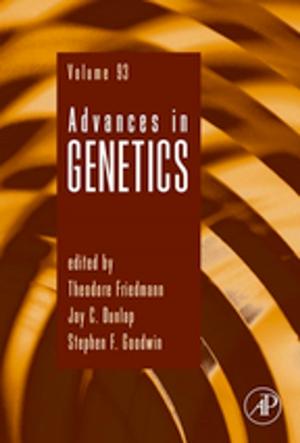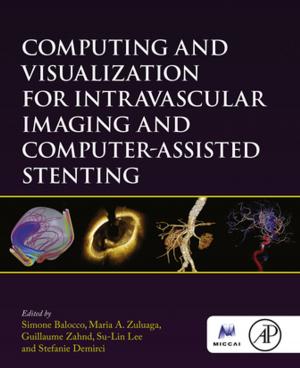Benign and Pathological Chromosomal Imbalances
Microscopic and Submicroscopic Copy Number Variations (CNVs) in Genetics and Counseling
Nonfiction, Science & Nature, Science, Biological Sciences, Cytology, Genetics, Health & Well Being, Medical| Author: | Thomas Liehr | ISBN: | 9780124046849 |
| Publisher: | Elsevier Science | Publication: | August 31, 2013 |
| Imprint: | Academic Press | Language: | English |
| Author: | Thomas Liehr |
| ISBN: | 9780124046849 |
| Publisher: | Elsevier Science |
| Publication: | August 31, 2013 |
| Imprint: | Academic Press |
| Language: | English |
Benign & Pathological Chromosomal Imbalances systematically clarifies the disease implications of cytogenetically visible copy number variants (CG-CNV) using cytogenetic assessment of heterochromatic or euchromatic DNA variants. While variants of several megabasepair can be present in the human genome without clinical consequence, visually distinguishing these benign areas from disease implications does not always occur to practitioners accustomed to costly molecular profiling methods such as FISH, aCGH, and NGS.
As technology-driven approaches like FISH and aCGH have yet to achieve the promise of universal coverage or cost efficacy to sample investigated, deep chromosome analysis and molecular cytogenetics remains relevant for technology translation, study design, and therapeutic assessment.
Knowledge of the rare but recurrent rearrangements unfamiliar to practitioners saves time and money for molecular cytogeneticists and genetics counselors, helping to distinguish benign from harmful CG-CNV. It also supports them in deciding which molecular cytogenetics tools to deploy.
- Shows how to define the inheritance and formation of cytogenetically visible copy number variations using cytogenetic and molecular approaches for genetic diagnostics, patient counseling, and treatment plan development
- Uniquely classifies all known variants by chromosomal origin, saving time and money for researchers in reviewing benign and pathologic variants before costly molecular methods are used to investigate
- Side-by-side comparison of copy number variants with their recently identified submicroscopic form, aiding technology assessment using aCGH and other techniques
Benign & Pathological Chromosomal Imbalances systematically clarifies the disease implications of cytogenetically visible copy number variants (CG-CNV) using cytogenetic assessment of heterochromatic or euchromatic DNA variants. While variants of several megabasepair can be present in the human genome without clinical consequence, visually distinguishing these benign areas from disease implications does not always occur to practitioners accustomed to costly molecular profiling methods such as FISH, aCGH, and NGS.
As technology-driven approaches like FISH and aCGH have yet to achieve the promise of universal coverage or cost efficacy to sample investigated, deep chromosome analysis and molecular cytogenetics remains relevant for technology translation, study design, and therapeutic assessment.
Knowledge of the rare but recurrent rearrangements unfamiliar to practitioners saves time and money for molecular cytogeneticists and genetics counselors, helping to distinguish benign from harmful CG-CNV. It also supports them in deciding which molecular cytogenetics tools to deploy.
- Shows how to define the inheritance and formation of cytogenetically visible copy number variations using cytogenetic and molecular approaches for genetic diagnostics, patient counseling, and treatment plan development
- Uniquely classifies all known variants by chromosomal origin, saving time and money for researchers in reviewing benign and pathologic variants before costly molecular methods are used to investigate
- Side-by-side comparison of copy number variants with their recently identified submicroscopic form, aiding technology assessment using aCGH and other techniques

